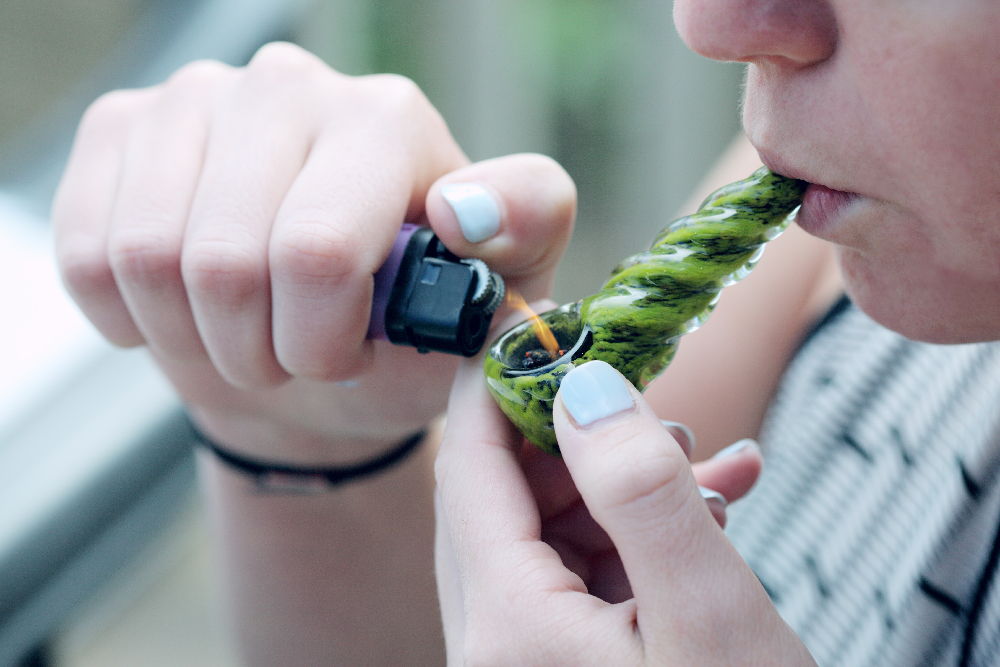Increasingly, the greatest threats to safety in the home are associated with substance use and abuse, especially by teenagers. TSS relies extensively on research by doctors, mental health experts, and scientists to provide the best resources available to help parents keep their homes and children safe through substance use and abuse prevention.
This post is adapted from the book Clearing the Haze: Helping Families Face Teen Addiction, by Dr. Christian Thurstone and Christine Tatum. Dr. Thurstone is among about three dozen physicians in the United States who are board certified in general, child and adolescent and addictions psychiatry and is medical director of one of Colorado’s largest youth substance-treatment programs.
—————————————————————————————————–
In Clearing the Haze, Dr. Thurstone discusses the importance of showing unconditional love and maintaining positive, open lines of communication in the relationship with a child who has a substance problem.
At the same time, it is critical that parents set clear and consistent boundaries, communicate values and expectations, and allow their child to experience the potentially negative consequences of their choices.
Parent decisions that enable drug-use
Unfortunately, there are everyday decisions that actually make parents accomplices, or enablers, of their child’s drug use, often unwittingly. Best intentions can lead to some of the enabling pitfalls parents frequently fall into:
– They give their teen “lunch” money that gets used to buy drugs. Avoid giving teens more money than they need for a day or two — and know how their money is spent.
– They give computers and cell phones, which are used to connect with drug-using friends and drug sellers. Mobile communication is a privilege, not a right. Adolescents should earn access to mobile technology through good behavior, which includes not using substances.
– They leave town, and their teen throws a party in their home. It is a good idea to avoid leaving your adolescent — especially when he or he is early in sobriety — without a chaperone.
– They allow their teen to spend too much time that is unaccounted for. Prosocial activities — such as sports teams, after-school clubs, social causes and volunteer organizations — help your child build confidence and skills, make friends and spend time focused on something other than drug use.
– They take their teen out of treatment early because the teen complains about it. We’re not talking about suspected cases of malpractice. We’re talking about the kind of complaining many adolescents use to wear down their parents until they get what they want.
– They allow teens to use or keep drugs in the house.
– They keep alcohol and other drugs in the house.
– They pay for expensive lawyers to get their children out of trouble. There is a time and place for paying for lawyers and springing for bail — but parents also need to ask themselves if they are doing so in a way that enables continued substance use and criminal behavior, such as drug dealing, driving under the influence, stealing or vandalism.
– They pay for a car used to go to parties, buy substances and hang out with friends who are using substances. Parents should periodically monitor their child’s vehicle and limit access to it until their adolescent has earned the trust required to use it.
– They make excuses for their children when they know they’re making excuses.
– They gauge too much according to school performance — or general performance. This supports denial: People with drug problems tell themselves their drug use is okay as long as they’re a good student or they’re fine at work.
– They permit the consumption of drug-glorifying media. Yes, media are practically everywhere, but we’re not powerless to reject them. We can say no to music, movies, software applications, publications, television and any other programming that promotes drug use. Parents can certainly prohibit these media from entering their home — and enforce consequences when their rules are broken.
Talk to your kids about drugs
Instead of making decisions that put their kids at risk, parents can also be their child’s strongest influence when it comes to abstaining from drug-use. It starts with talking. If kids don’t hear specific facts about drugs from their parents, they can be more susceptible to social messaging and pressures. Parental involvement is key to keeping kids safe.
Let TSS help you get the conversation started. Join us for our webinar How to Talk to Your Kids About Drugs on Tuesday, October 8 at 10 a.m. AKT/1 p.m. CST. In this course, our presenter Jo McGuire, executive director of the National Drug and Alcohol Screening Association (NDASA), will provide guidance about when and how to approach the topic with kids. She will cover issues that are trending, how to spot signs and symptoms of drug use and how parents can navigate the conversation in positive and age-appropriate ways. Register online today.

